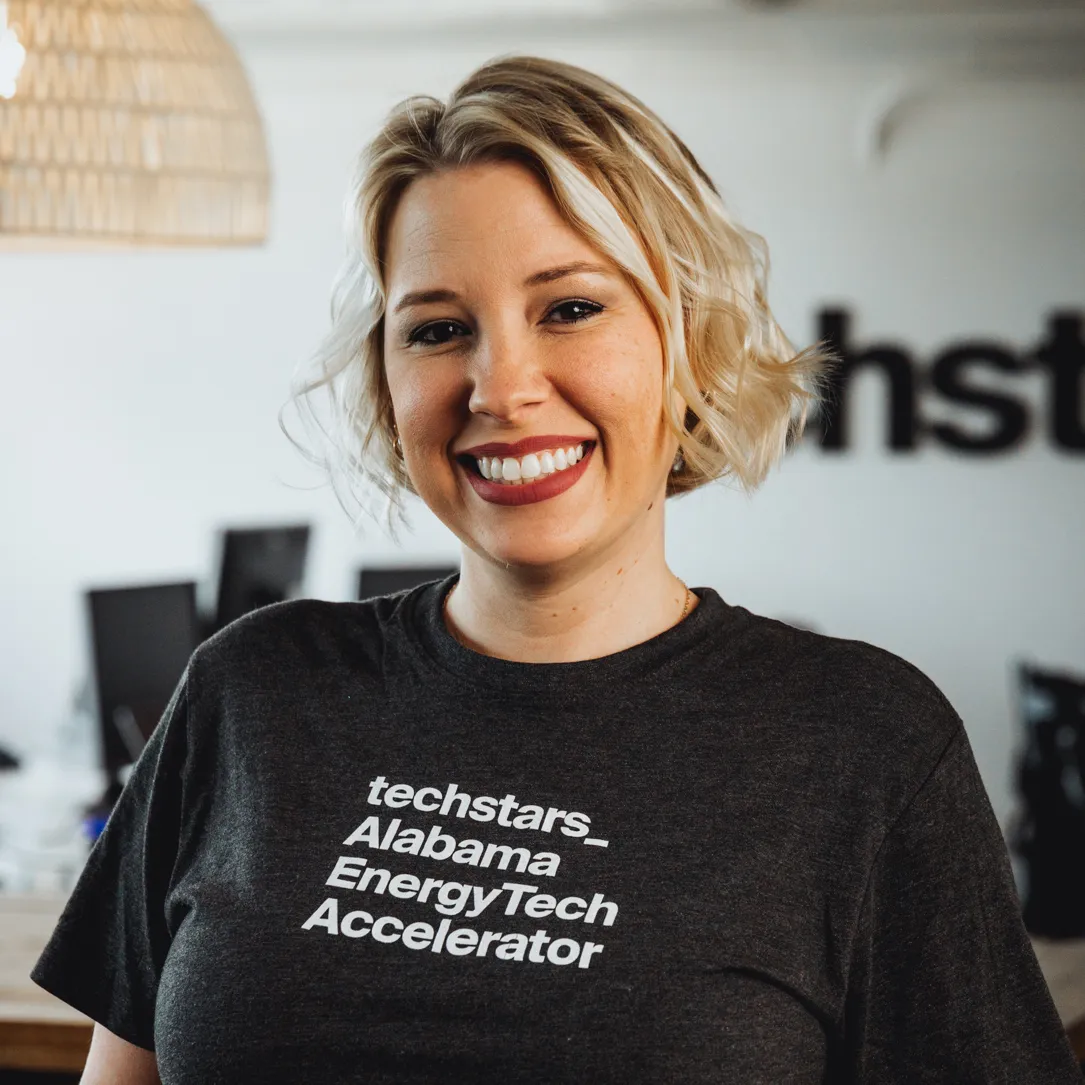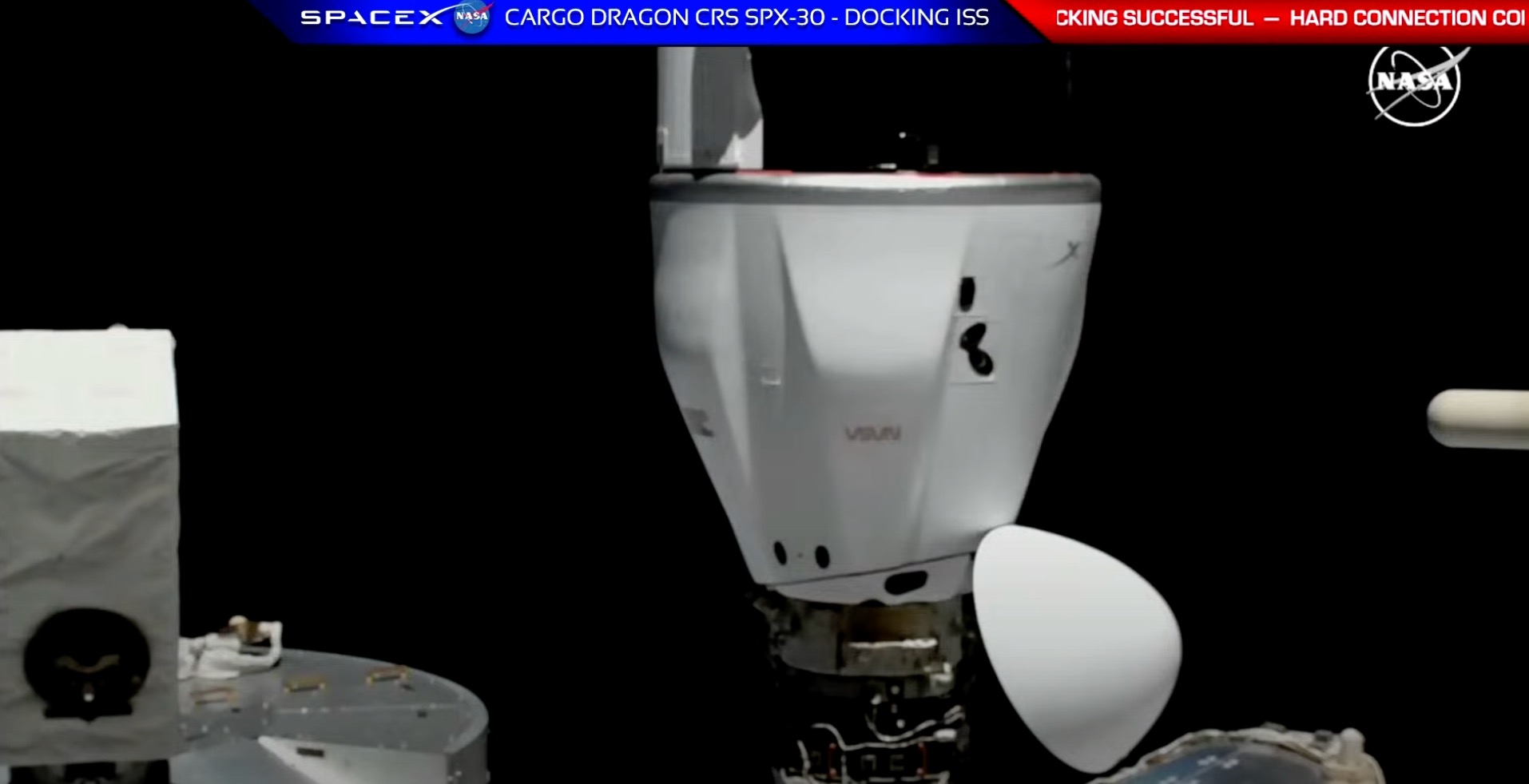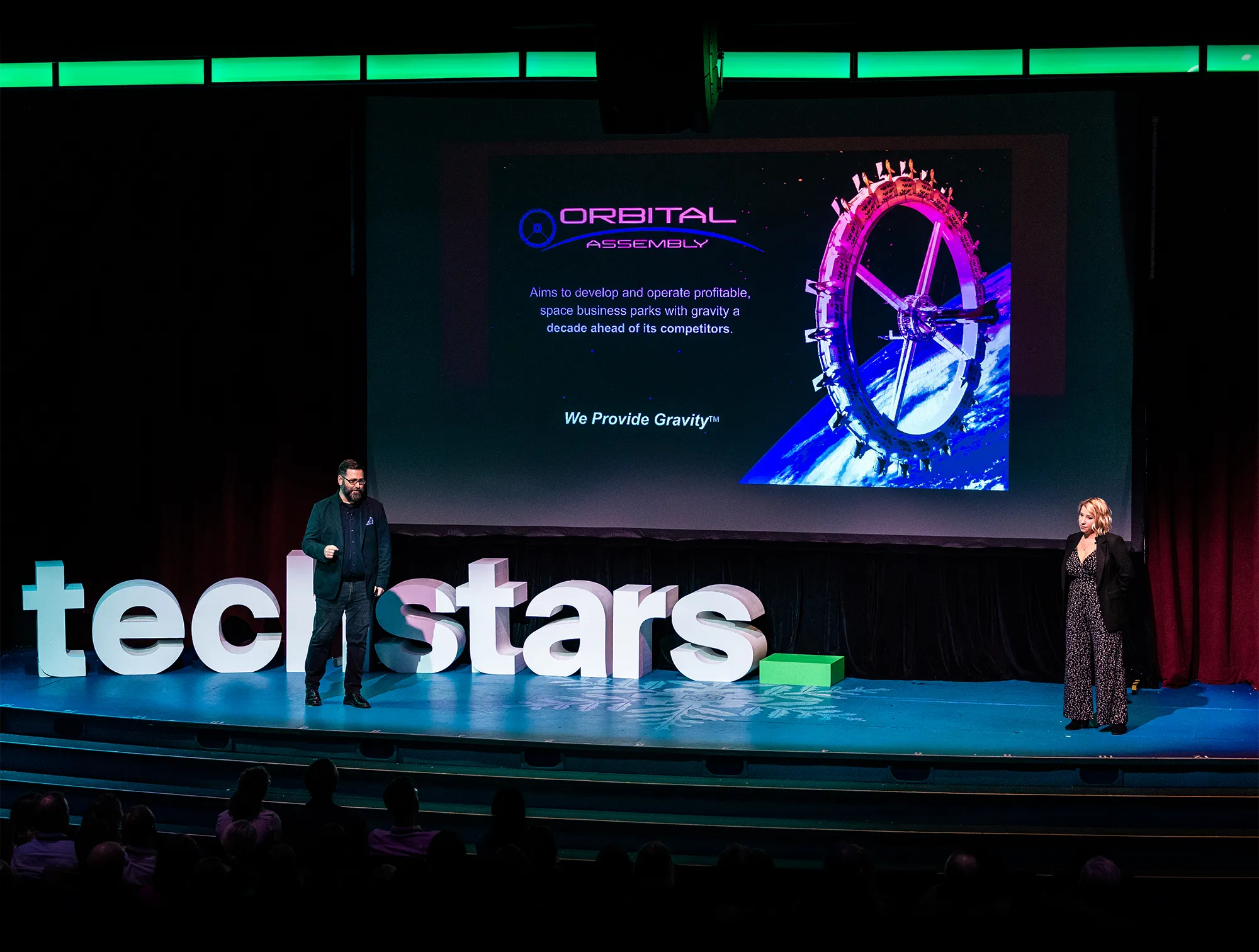Seeds of Greatness


ale ’13, ’15 holds degrees in community planning, environmental design and landscape architecture. Angela ’14 holds a degree in horticulture with an expertise in hydroponics. Together, the husband-wife team combined knowledge to found Shipshape Urban Farms, an innovator in vertical farming and sustainable agriculture.


“Sustainability is really what we’re trying to get at across the board because, if we can’t grow it sustainably here on Earth, how in the world are we going to feed people when we start getting to space, the lower orbit and out to the gateway station at the moon and beyond?” he said. “It’s one of those things where, if we don’t figure it out and figure out how to do it well now, we’re just going to have more problems with food security and accessibility.”
In March, Shipshape teamed with ABOVE Space, the HudsonAlpha Institute for Biotechnology and startup accelerator Gener8tor to send a payload of lettuce and tomato seeds to the International Space Station (ISS) in an attempt to better understand plant biology and “reshape the future of agriculture.”
The mission, titled the Materials International Space Station Experiment (MISSIE-19), sent the seeds to the ISS to expose them to microgravity and radiation so their growth patterns, genetic expressions and resilience can be measured and tested in hopes of gleaning insight into potentially innovative procedures that can be replicated on earth.


“By bringing the food closer to where the people live – a big piece of what we see as our mission – our ability as a company to bring it closer to the end user, cut down on the food miles, extra maladies and things the other vertical farms and other groups talk about is extremely important,” Speetjens said. “And do it in a way that tries to be as sustainable and environmentally friendly in reusing water and energy as possible – that’s how we get to the part where we start to really solve the problems we have, both in the U.S. and internationally as well.”
The Speetjens hope to use innovative vertical farming designs to enhance the efficiency of food production in Alabama. They’re currently working with partner companies and organizations to identify and launch a network of regional vertical farming locations.
Because vertical farming takes up less space, transportation and energy, the regional network has the potential to significantly reduce food insecurity in a sustainable and environmentally friendly way.

Space is just the start for Speetjens. On Earth, Shipshape is working to raise $3 million to fund these expansions, as well as add staff and dedicate efforts to submit grant proposals for funding.
To that end, the company has partnered with the Sylacauga-based East Alabama Rural Innovation and Training Hub (EARTH) on a sustainable agriculture project to revolutionize the region’s agricultural landscape by integrating advanced farming techniques, renewable energy and regenerative agriculture practices.
